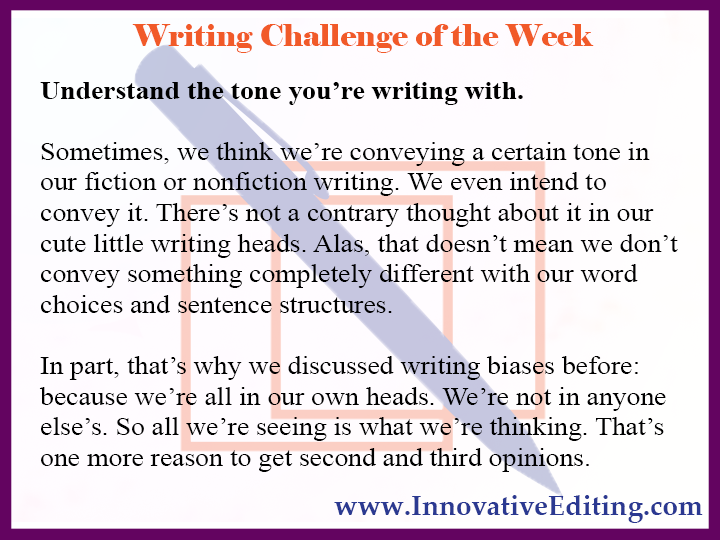Your Sensory Experiences Are Important!
- Jeannette DiLouie
- Feb 15, 2017
- 3 min read

Last week, I told creative writers everywhere that they could use life’s letdowns (like the Patriots winning the Super Bowl) to enhance their stories, particularly their characters’ emotions.
Here’s a snippet of that post:
… the nice thing about being a creative writer is that I can put the resulting disappointment to good use. That’s what creative writers do: We channel and categorize and calculate our emotions, both good and bad, into making stories stronger.
So if you’re not a Pats fan but you are a writer… [That’s] great news! Your characters will doubtlessly experience their own disappointments in your story, and you can now more realistically convey those letdowns!
So make a memo describing your emotional turmoil. Jot it all down in a journal. Then save it for a character’s rainy day.
I’m going to take this moment to go’n brush my shoulder off, because that’s truly great advice. At the same time, as I was recently reminded, figurative storms aren’t the only experiences worth remembering. Sometimes the literal storms are just as good.
On Sunday night, the wind was utterly intense here in Lancaster, PA, rushing by like a stampeding herd of wild horses and making about the same amount of noise.
You know how creative writers describe howling and shrieking winds? Well, I definitely heard the howling, and while it never got to shrieking intensity, the decibels it did reach were plenty high enough.
And don’t get me started on the objects it kept battering about outside.
Between all of that, and after lying awake in my bed up on the second floor for hours and hours on end, I decided it might be a good idea to move to my couch to save myself from possibly being impaled by a flying tree branch through my bedroom window.
The thing is – and this is how you can know beyond a shadow of a doubt that you’re a creative writer – the whole time the wind was surging on, I was less concerned about my safety and sanity than I was in noting the sounds and sights outside.
(Okay, mostly the sounds. I might have been a bit too lazy to keep my eyes open for more than five seconds at a time. In my defense, I was supposed to be asleep.)
It really was quite the sensory experience, and a convenient one too.
Two days earlier, I had finished a chapter in my historical fiction manuscript that involved a severe storm: one that eyewitnesses in 1814 described as either being a hurricane or tornado. So Sunday night?
Sunday night was a creative writer’s dream come true. I now have a whole lot of great details to add to that chapter!
Of course, not everyone lives in Lancaster and not everyone is working on a manuscript involving hurricanes or tornadoes.
But how about snowstorms? If you live in New England or somewhere else currently getting hit with snow, it’s the perfect time to venture outside a few steps and analyze exactly what your character’s physical reactions should be. Don’t just settle for him or her shivering. Describe the way the snowflakes look so beautiful that it almost makes the frigid temperatures worth it.
Or if it’s raining wherever you are, note the exact way the droplets hit your window: the sound, the sight. Is it comforting? Depressing? Distracting?
You don’t even have to be writing about those weather-related situations just yet. Even if I hadn’t been writing about Category 2-3 hurricanes, I would have wanted to record Sunday night’s experience for whenever a future character had to face strong headwinds.
You just never know when that kind of sensory encounter can come in handy as a creative writer.




